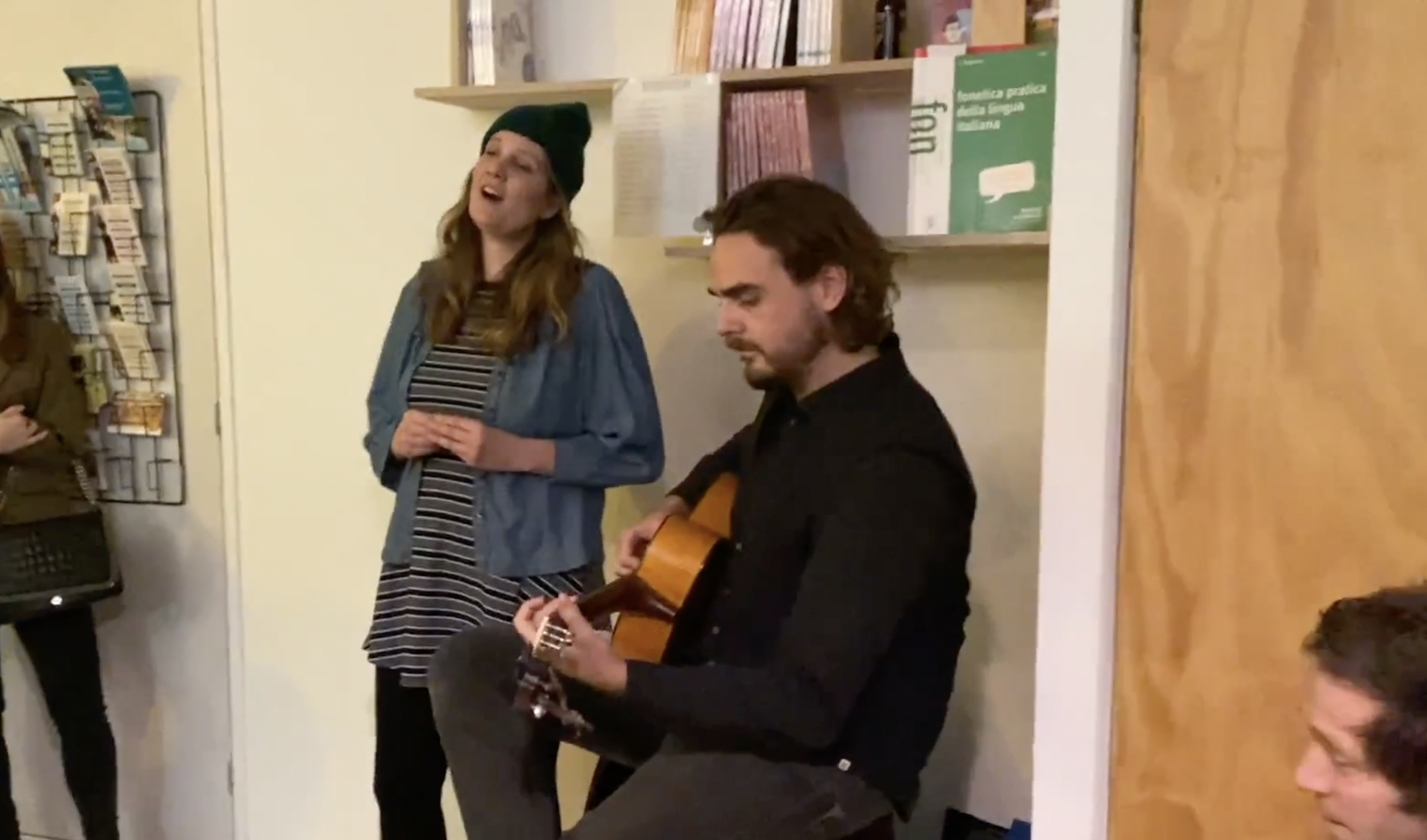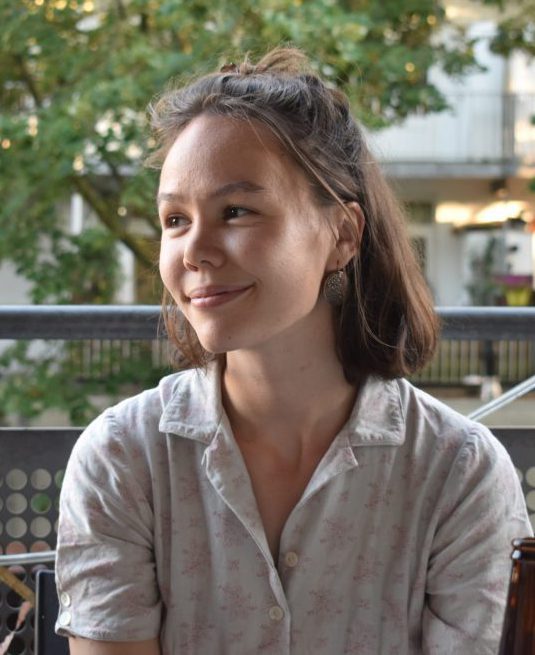One of the Dutch songs our teachers Una and Johannes sang at the Valentine’s edition of our borrel in February, was Ik zou je het liefst in een doosje willen doen – one of the few real Dutch jazz songs, if you’d ask Una:
Originally sung by American-Dutch singer Donald Jones, this song was written by Annie M.G. Schmidt and composed by Cor Lemaire.
The title translates as ‘I would love to put you in a box’ – something Schmidt’s mother reportedly often would say to her when she was young. And that brings us to an interesting part of Dutch grammar: zouden.
‘Zouden’ has several functions and one of them is (combined with the modal verb ‘willen’) expressing a wish, and it often involves the word graag or weleens:
Ik zou weleens naar Griekenland willen gaan.
Or:
Ik zou je graag in een doosje willen doen.
The song’s title contains the superlative form of graag: het liefst.
Ik zou graag op vakantie willen, maar ik zou nog liever (comparative) een wereldreis willen maken. En het liefst (superlative) zou ik in een ander land willen wonen.
Another function of ‘zouden’ occurs when you’re thinking out loud about a hypothetical situation:
Als ik genoeg geld zou hebben, zou ik direct een vakantie boeken.
Als je heel klein zou zijn, zou je in een doosje passen.
These ‘if so, then’ kind of phrases consist of two parts, with a zou/zouden in both of them. It’s actually also possible to change (one of) them for the imperfect form:
Als ik genoeg geld had, boekte direct een vakantie.
Als je heel klein was, paste je in een doosje.
Then there’s the beleefde vraag, the polite question. When asking a question that involves the second person (je, jij, jullie), this is a combination of zou/zouden with either willen or kunnen:
Zou je me willen (or kunnen) vertellen waar het station is?
Zouden jullie wat vroeger willen (or kunnen) komen?
Does it concern the first person (ik, wij), zou/zouden combines with mogen or kunnen.
Zou ik een glas water mogen (or kunnen) hebben?
Zouden we de rekening mogen (or kunnen) krijgen?
There is a lot more to tell about zou/zouden, and it’s all covered in our Dutch courses. Dus zou je graag meer over ‘zou/zouden’ willen leren? Dat kan!
We’ll end this blog with the same song it started with, sang by the one and only Donald Jones himself:


